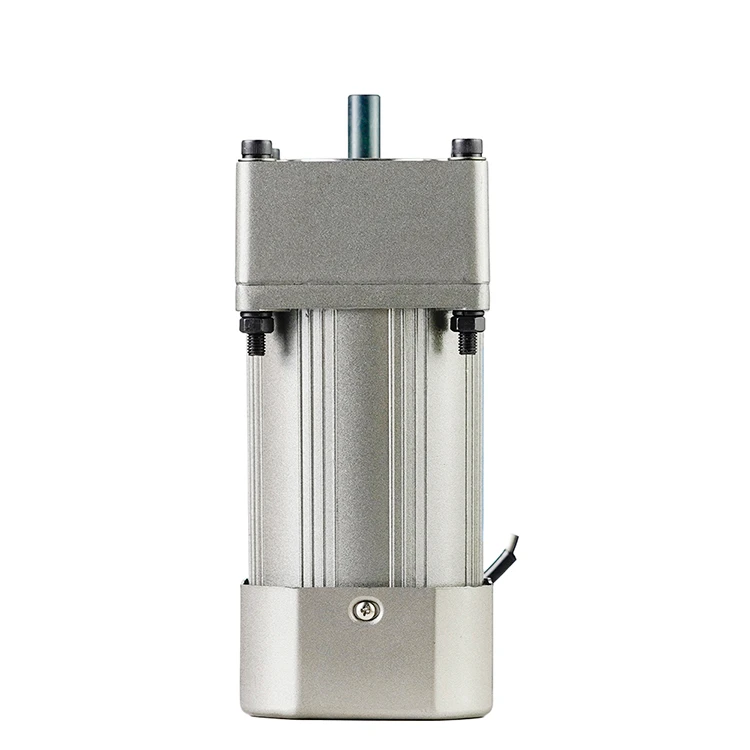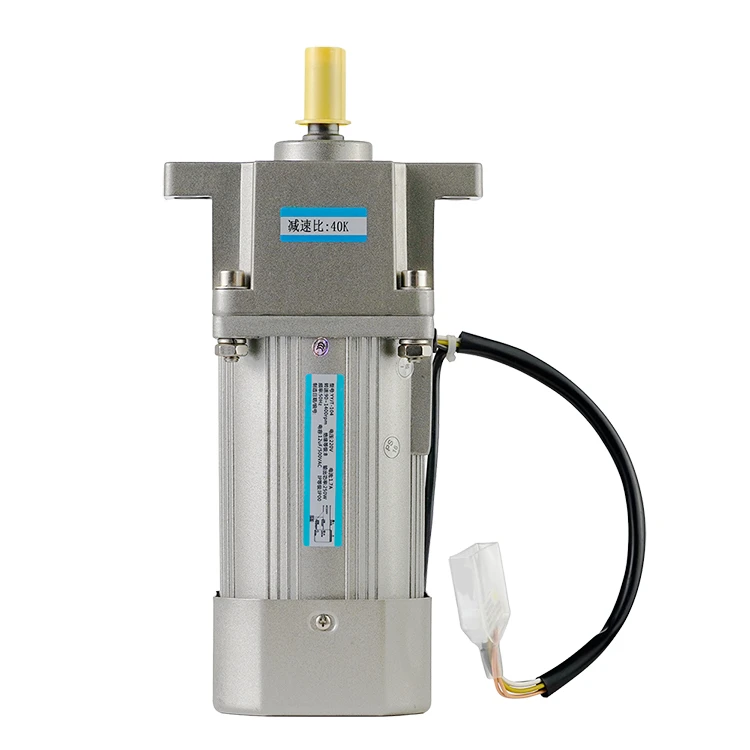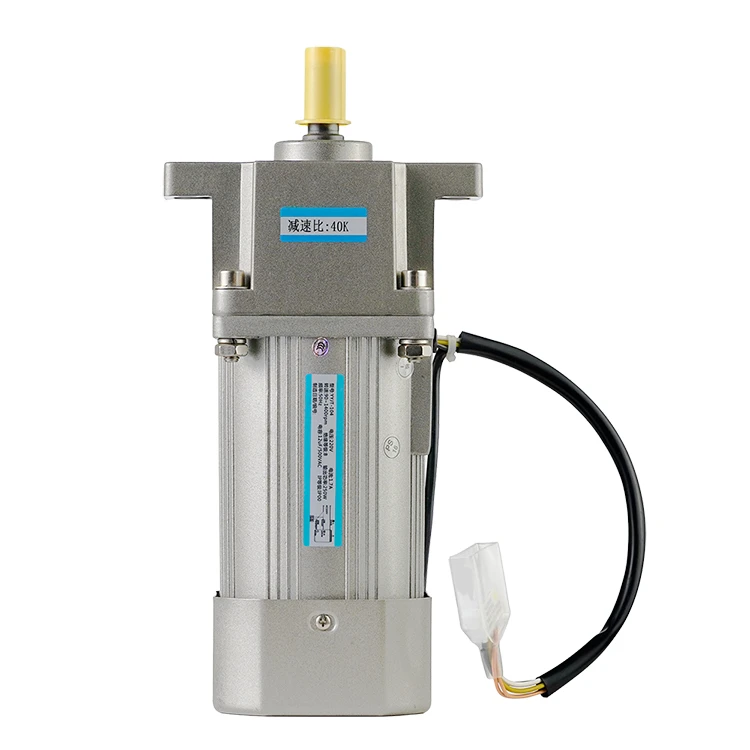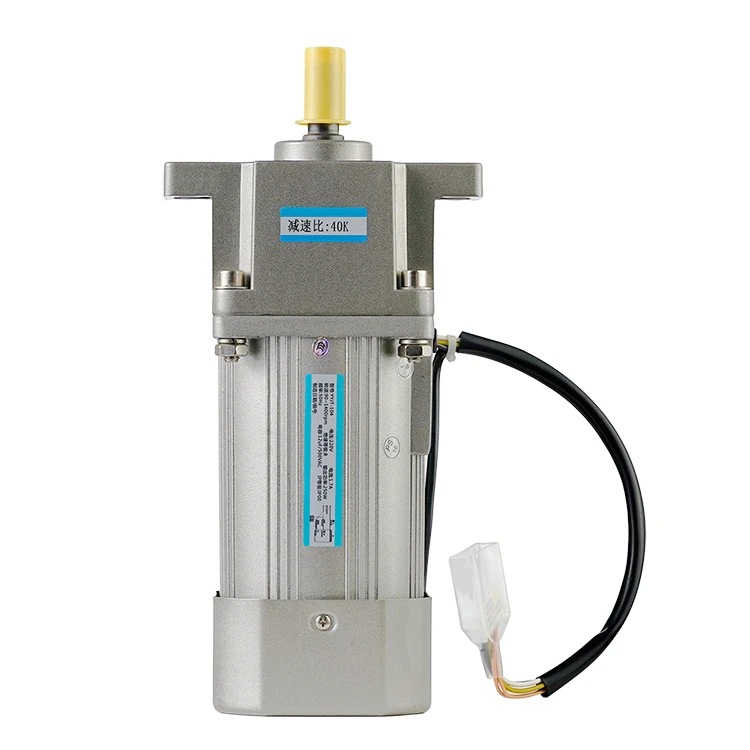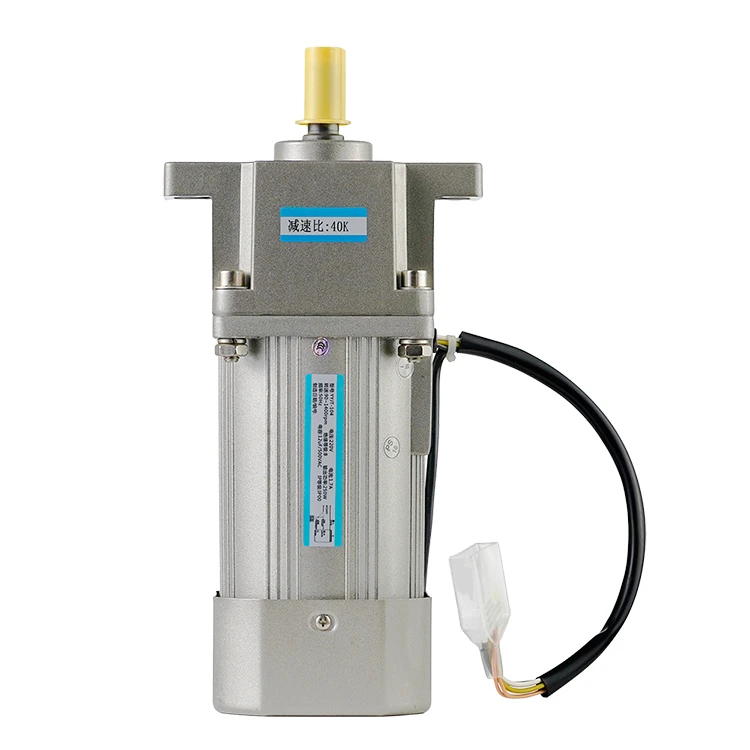Do electric motors run on AC or DC?
2024-05-30 16:28:04
Electric motors are fundamental components in various applications, powering everything from household appliances to industrial machinery. One common question that arises is whether electric motors run on AC (alternating current) or DC (direct current). In this article, we will explore this topic in detail, examining the characteristics of AC and DC motors, their applications, and the factors that determine their usage.
Introduction of Electric Motors
Before delving into the question of whether electric motors run on AC or DC, let's briefly understand the basic principles behind their operation:
Motor Operation
Electric motors convert electrical energy into mechanical energy. They rely on the interaction between magnetic fields and electric currents to generate rotational motion. When an electric current passes through a wire placed within a magnetic field, a force is exerted on the wire, causing it to move.
Key Components
Electric motors typically consist of a stationary part called the stator and a rotating part called the rotor. The stator contains coils of wire that produce a magnetic field when an electric current passes through them. The rotor, equipped with permanent magnets or electromagnets, interacts with the stator's magnetic field, resulting in rotational motion.
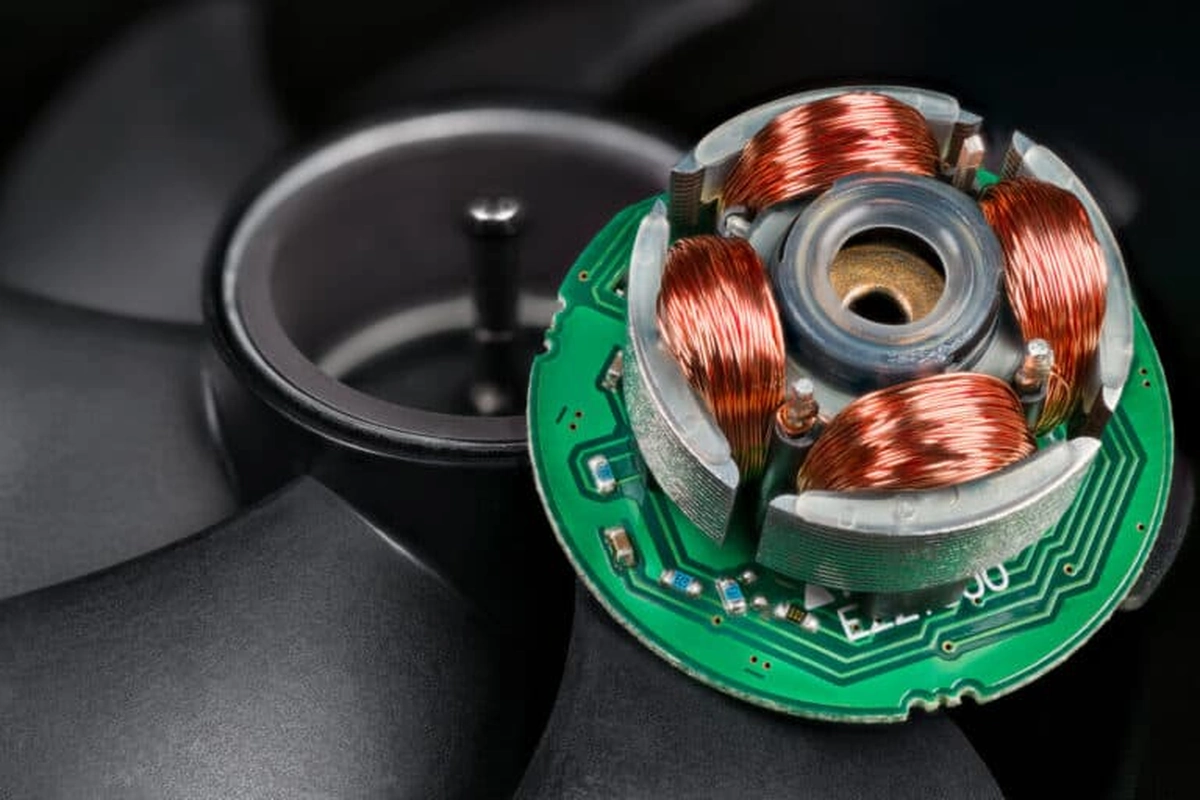
AC Motors
AC motors are designed to run on alternating current, where the direction of current flow periodically reverses. The usual frequency for AC motors is 50 or 60 hertz (Hz). It is the standard form of electrical power delivered by utility grids and is used in most residential, commercial, and industrial applications. AC motors can be further categorized into two main types:
Induction Motors
Induction motors are the most widely used AC motors. They operate based on the principle of electromagnetic induction. The stator's magnetic field induces a rotating magnetic field in the rotor, which causes the rotor to rotate. Induction motors are efficient, reliable, and cost-effective, making them suitable for a wide range of applications.
Synchronous Motors
Synchronous motors are another type of AC motor. Unlike induction motors, synchronous motors rotate at a constant speed determined by the frequency of the power supply. The rotor rotates synchronously with the stator's rotating magnetic field. Synchronous motors are often used in applications that require precise speed control, such as industrial processes and power generation.
DC Motors
DC motors are designed to run on direct current, where the current flows in a single direction. DC motors are characterized by simplicity and controllability. DC motors can be further classified into different types:
Brushed DC Motors
Brushed DC motors use a commutator and brushes to switch the direction of current flow in the rotor's windings. This switching action creates continuous rotation. Brushed DC motors are relatively simple and find applications in small devices and appliances.
Brushless DC Motors
Brushless DC motors eliminate the need for brushes and commutators by using electronic commutation. They rely on electronic control circuits to switch the current flow in the rotor windings, resulting in continuous rotation. Brushless DC motors offer improved efficiency, reliability, and longevity compared to brushed DC motors. They are widely used in applications such as robotics, electric vehicles, and computer cooling systems.
Conclusion
In conclusion, electric motors can run on both alternating current (AC) and direct current (DC), with each type offering distinct advantages and applications. AC motors, including induction motors and synchronous motors, are designed to operate on AC power and are widely used in residential, commercial, and industrial settings. DC motors, such as brushed DC motors and brushless DC motors, run on DC power and are favored for their simplicity, controllability, and efficiency. Understanding the characteristics and differences between AC and DC motors is essential for selecting the most suitable motor for a given application, ensuring optimal performance and efficiency in various industries and contexts.
See What Lunyee Can Do For You
Contact Us
- 8619149417743
- +86-0371-5562 0274
- [email protected]
- Zhengzhou, Henan Province, China
- Mon-Fri: 9:00 - 18:00
